Alumni

Anna Rumpz
B.A. History, International and Global Studies (Honors) & Minor in Russian Studies | 2023
During 2022-2023, Anna was the president of the Russian-Eurasian Student Organization (RSO). In 2023, she received the Critical Language Scholarship (CLS) to study intensive Russian during the summer in Bishkek, Kyrgyzstan.
In 2022, Anna was a semi-finalist for the CLS. The same year, she received the bronze award for writing an essay for the National Post-Secondary Russian Essay Contest, which is organized by the American Council of Teachers of Russian. In 2020, she received an honorable mention for participating in the Essay Contest.
In Fall 2023, Anna started the Master’s Program in Foreign Affairs at the Elliott School of International Affairs at George Washington University in Washington D.C.
"As an international studies major, I chose to study Russian because of the relevant security concerns involving the regions that speak this language. I also found it be an excellent fit for the languages I had already studied and continue to find the language more and more critical as current events unfold. Additionally, my future aspirations of working in diplomacy were a major motivation behind my undertaking of the language. I strongly recommend this endeavor for those looking to work in fields such as national security, diplomacy, or cyber strategy."
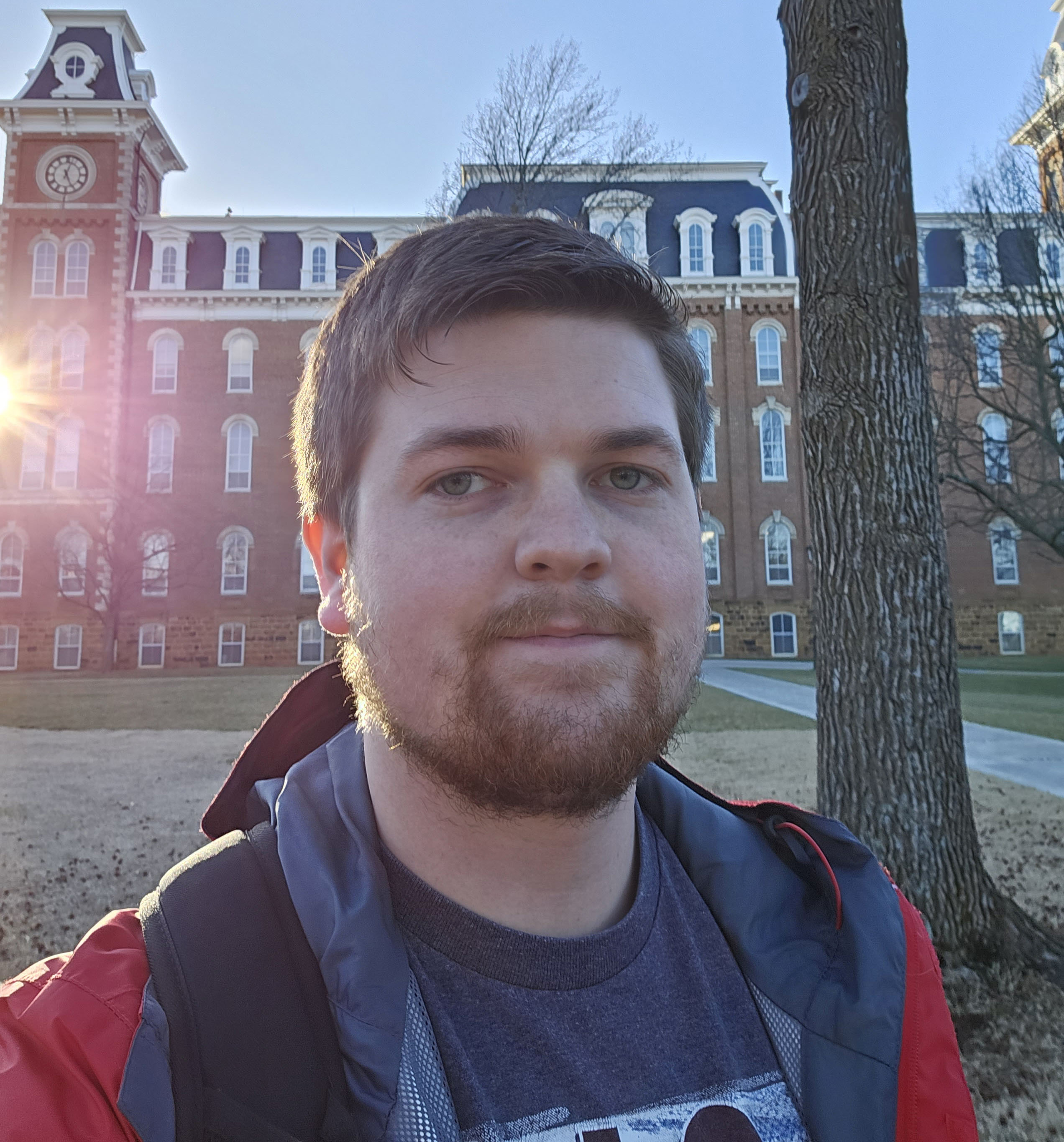
Spencer Hazeslip
B.A. Biochemistry, Spanish (Honors), Russian Studies | 2023
Spencer Hazeslip, Honors in biochemistry and Spanish, B.A.’23, has been awarded the Fulbright English Teaching Assistant Award. Spencer will spend 2023-2024 teaching English in Kazakhstan. He completed four semesters of Russian language and was actively involved in the Russian program. In 2021, he was awarded the Critical Language Scholarship to study intensive Russian remotely at the American University of Central Asia in Bishkek, Kyrgyzstan.
"I chose to study Russian because I was simply fascinated by it. Even though it didn’t have a direct connection with my medical career, I am very glad that I chose to do so. Learning Russian has allowed me to connect with people all over the world. Even on a trip to Japan, I met and talked with Russians on multiple occasions. So, while the Russian-speaking world may feel isolated and distant, Russian-speaking people can be found everywhere. Learning Russian has also deepened my understanding of language in general and helped me acquire and improve my proficiency in other languages. Overall, learning Russian is beneficial regardless of your career path, so there is no need to worry about whether it makes sense for you to study it. If you have interest in learning Russian, then just do it. You will not regret it."
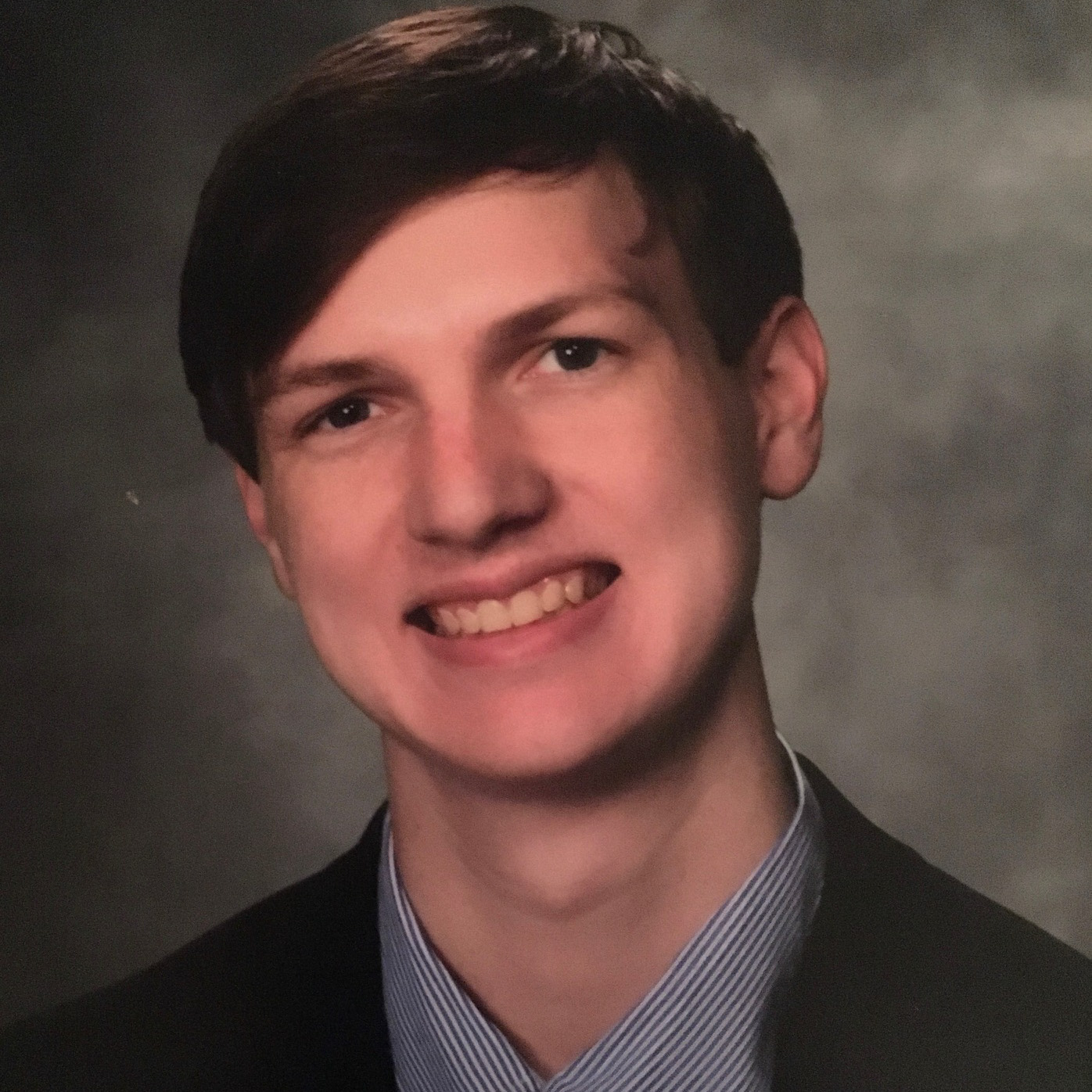
Henry Forteith
B.A., International & Global Studies (Honors), Russian Studies | 2022
Henry is currently working to become an analyst in the intelligence and national security fields. "While at the University of Arkansas, I took five semesters of Russian language courses, two Russian literature classes, and was involved in the Russian-Eurasian Student Organization. It was a wonderful opportunity for me to learn about a unique culture and to meet new people. If you are interested in a career in national security or foreign service, studying Russian is a great way to improve your resume and get your application noticed. My knowledge of Russian and the Eurasian region helped me get a government internship in D.C., and it will help me as I continue my goal of becoming an intelligence analyst."

Shannon Wilson
B.A. in Political Science and International and Global Studies, Russian Studies | 2020
“Russian Studies is an important program for any university because it is a widely-spoken language and can be very beneficial to American students particularly. Hundreds of millions of people speak Russian, and it is a language not only spoken in Russia. Since it is very prominent, having Russian language skills can boost one’s chances of getting a certain job, and could be used regularly in certain jobs that pertain to things such as foreign service, international business, or politics. Not many college students are learning Russian, so those who do will be highly valuable to companies who want employees with that language knowledge. With the ways the United States and Russia are intertwined in trade, politics, multinational organizations and historical events, it is extremely important for today’s generation of college students to have the opportunity to learn such a valuable skill set.”
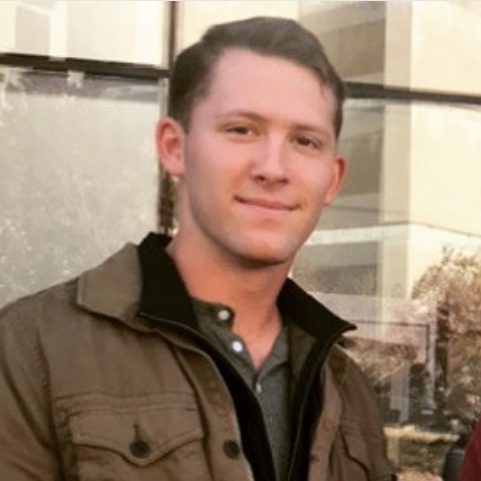
Christopher Beltran
B.A. in History | 2019
He is currently working for the Marine Corps as a Lieutenant and hopes to become a Foreign Area Officer to continue his education in foreign language, history, and culture. Following that he is seeking to apply to the Peace Corps and work in child development and education in Eastern European/Central Asian countries.
"Russian studies, to include language, history, and culture, is important to understanding a radically diverse region’s connection to the rest of the world. The term Russia is rather narrow to describe an area that covers over 10 percent of the world’s land surface and encompasses nearly 200 ethnicities, with an equally enormous diaspora of languages, religions, cultures, and ideologies to accompany them. Even the most rudimentary knowledge of this Eurasian giant lies beyond most students’ horizons, though many students pursue studies in international politics, economics, and cultures, earning a degree in a “global” field without ever scratching Russia’s surface. Considering the United States’ dominance in the 20th century’s spotlight, Russian studies offers a lens which can corroborate one aspect of the American narrative of the past century while simultaneously shattering another. It is important in any field to consider multiple, contrasting points of view If a Russian Studies minor were to be offered, I would sign up for it and encourage others with an interest in history, language, politics, and literature to also consider it."
Philip Purifoy
B.A. in History and European Studies | 2019
Starting in September 2019, Philip will teach English in Georgia with the program Teach and Learn with Georgia.
"Russian at the University of Arkansas challenged and enriched my perspectives in more ways then I could have ever predicted when I enrolled my first semester. From learning the language to serving as President of the Russian-Eurasian Student Organization, the program became an intrinsic part of my undergraduate career. For that I am extremely thankful! Additionally, the program grew my skills to a point where traveling and living on my own in Russia during the 2018 World Cup was a breeze. This fall I will be returning to the post-Soviet world to teach English in neighborhooding Georgia."

Alicia Gillum
B.S. in Computer Science and Computer Engineering | 2019
She is currently working as a Cyber Security Intern at Tyson Foods in Springdale, AR.
1) Why do you think Russian Studies is important? Russian Studies is especially important
for anyone who wishes to have a career in the federal government. Whether your dream
career might be in politics, defense, diplomacy or something else entirely, having
a background in Russian studies is sure to help propel your chances as a suitable
candidate for that position. I believe that the study of Russian culture and language
is especially important in the current geopolitical climate of our nation. Our two
na ons are constantly engaging with each other, so culture exchange is an essential
step for understanding one another’s position. That is, through the exchange of knowledge
and understanding, our two na ons will benefit.
2) If a Russian Studies minor were to be offered, why would you sign up for it? I
would sign up for a Russian Studies minor to learn about the fascinating history,
culture, and language of a nation which Americans often hear about, but rarely take
the me to understand. Not only is it a fascinating topic, but it is also an excellent
resume builder. Russia is becoming increasingly more relevant to the lives of everyday
Americans. In a globalized world where international business is constantly being
conducted and information travels instantaneously, it is important to be a globally
aware citizen. We live in a world where places like the Russian Silicon Valley, Zelenograd,
become sister cities with places like Tulsa, Oklahoma. Average people are becoming
more exposed to cultures they would hardly ever engage with just a few decades ago,
so it is important to have the knowledge and skills required to adapt to these societal
changes.
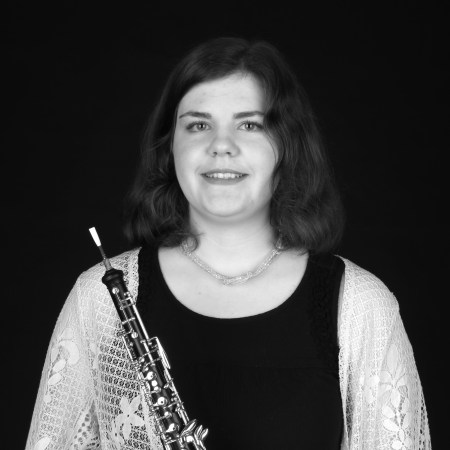
Fiona Slaughter
Honors Student, B.A. in music | 2019
She is going to pursue a Master's degree in Music at the Univ. of Michigan, Ann Arbor.
Isigned up for Russian after hearing Tchaikovsky’s Fourth Symphony performed live for the first time; the music was riveting. The concept I find most difficult to study with music is interpretation. How do I take dots on a page and turn them into something meaningful? I’ve made a few breakthroughs- one idea I like to keep in mind is that music is about communication. Another concept many people agree upon is that a good interpretation carries out the composer’s wishes. I study languages as a way to connect with more cultures and understand them (and their composers)- so far I’ve studied Spanish, French, and Russian. I also crave the sounds of these languages, and hope they will have some musical benefit-- it has been proven that composers tend to mimic the sounds of their native language in their music. For Russian, I’ve heard it suggested that the heaviness in the music comes from the language’s tendency to have accents at the beginnings of words, the downbeats. I feel that I have a more personal connection now with Russian music and culture. Another reason I studied Russian is that I like to travel for music (so far I’ve been to the Czech Republic, Austria, Spain, and France) and usually don't know where I'm going until a few months ahead of time, so it’s good to be prepared for anything.
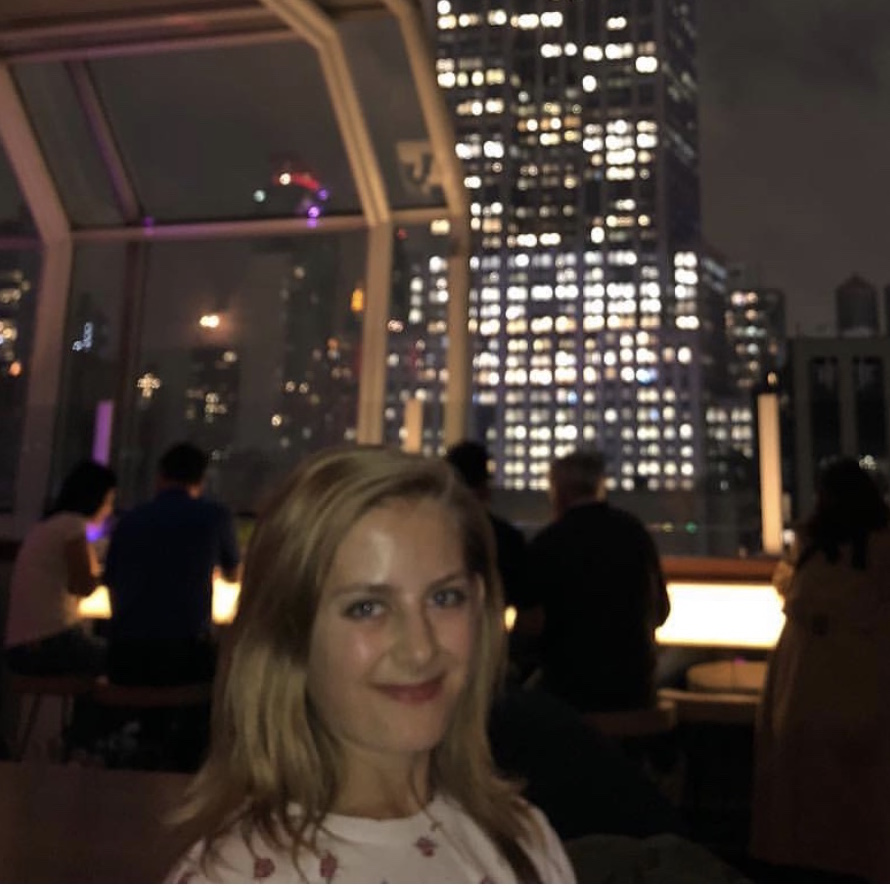
Sydney Gower
Honors B.A. in International and Global Studies | 2019
I began studying Russian as a Junior because, as an International Studies major, I had always been fascinated with Russian language, politics, and culture. My study of Russian was also a big factor in my decision to go to Ukraine and teach English for the second time the Summer after my Junior year. I loved the people and being able to impart a useful skill (English) the first time I went two years before, but understanding more about the language and culture allowed me to connect with my students and the country in an even more meaningful way. My next steps after graduation are law school in New York City and, someday, a career in Human Rights Law. I am 100% confident that my Russian skills are going to help me connect with new and interesting people in my new city and find a job that will make a real difference in the world. Hopefully my studies and career will also allow me to travel even more throughout the Russian-speaking world! My advice to those who are thinking of studying Russian would be to open yourself to all of the amazing opportunities that language can bring and to remember that there is always something new to be learned! UPDATE: Sydney has received a full tuition waiver and a scholarship to pursue a law degree at St. John's University in NY.

Skylar Caldwell
Bachelor of Arts | 2019
The University of Arkansas’ Russian language program was a significant attraction when I first endeavored to pick a school for my undergraduate degree. The programming melded with and influenced my decision to add an International Studies degree to my Political Science degree. My classes in Russian also led me to select Europe as my area of focus. Professor Berkovich’s classes were an enriching experience from the very first semester of college.

Yulia Batalina
Bachelors in International Business | 2018
“While learning Russian at the UA, I definitely experienced challenges with the grammar, spelling, etc. I always reminded myself that learning a language so intricate and layered as Russian would help me in my future. As it turns out, I’m currently pursuing a Master’s degree in International Business from the Higher School of Economics in Moscow. I have enjoyed many experiences and opportunities in Russia - from participating in bilingual clubs to traveling to different cities and being able to utilize my language skills to enrich my time in this stage in my life. Overall, I believe studying the Russian language, and by default learning more about the culture has enhanced my understanding of the world around me and has taught me to appreciate and love cultural peculiarities that I notice around me in my daily life!”

Brit Jacobson
International Relations and European Studies | 2017
“I'm working as a certified flight instructor at ATP Flight School right now and once I have built up the required hours flying, I intend to get hired by one of the airlines as a pilot. Thus, while learning Russian has not directly impacted my career, it has indirectly. My long-term goal is to work the international flights, which will hopefully have me flying to countries like Russia someday for work. I absolutely love traveling, and studying abroad only increased my love for learning about different cultures, languages, etc. With my career choice, I will have a lot of down time, during which I fully intend to continue improving my Russian, as well as other languages for both work and fun. For future students, I highly recommend studying abroad. It was one of the best choices I made during my college years. Russian might seem intimidating in the beginning, but if you are willing to put in the time and effort, it is well worth it!”

Stephen Tate
Political Science | 2018
“Learning Russian challenged me in many ways, and expanded my world view. Diving into the language and culture gave me the opportunity to meet and interact with new people who experience the world very differently than I do. I feel that taking Russian not only gave me a useful skill set for the future, but also opened my eyes to a history and culture to which I would not have given much thought otherwise. It was critical in shaping my perspective and pushing me forward intellectually.”
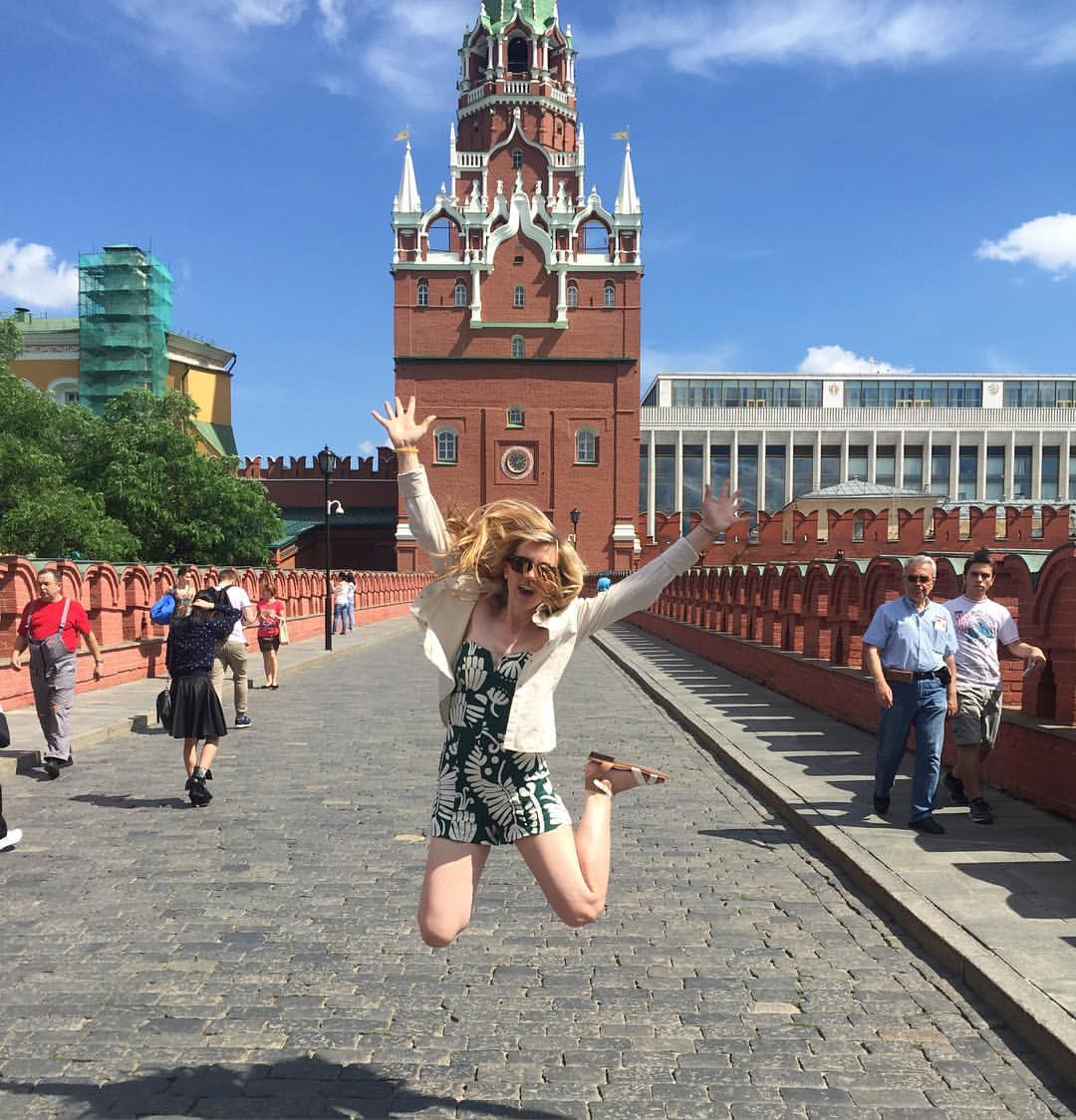
Natali Hall
International Business | 2017
“Four years ago, I chose Russian over Spanish or French because I had insomnia and thought, “Hey, that looks harder and like it will take up a bit more time.” If I’m not sleeping, I might as well study something. Fast forward, and here I am living in Moscow, Russia. Russia is like a whirlpool. It pulls everybody in. You don’t know how you got here, you just did. I chose to continue onto my master’s in the Management of Science, Technology, and Innovation at the Higher School of Economics in Moscow because, hey, education is free here.
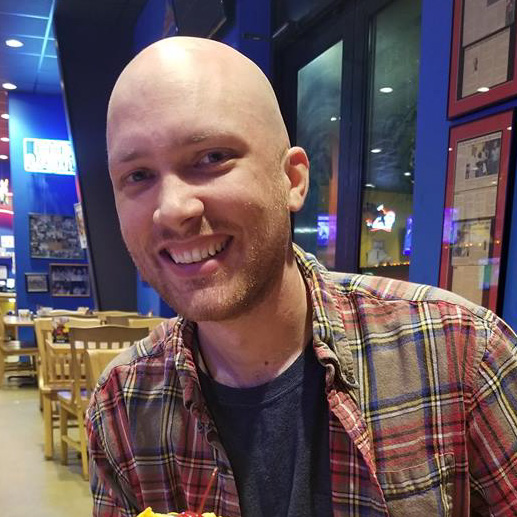
Jesse Irwin
Master of Fine Arts | 2017
"My relationship with Russia is not an easy one, but my heart is wider and deeper because of the education I received and the close friendships I made there. I read The Master and Margarita standing in packed subway cars, ate many bowls of borsch with sour cream (or mayonnaise), and spent hours drinking tea and eating dried bread with friends at the kitchen table in my apartment. Now, as a translator, my work gives me the chance to return to Russia in some way through the texts in front of me. Russia has a beautiful language and a rich tradition of literature, music, cinema, art, thought, faith, and more. Knowing the language opens the door to all of this – it is a hard language, but one worth the effort."
Irwin co-translated with Robert Chandler and Susan Larsen Andrei Platonov's short stories and plays Fourteen Little Red Huts (Columbia University Press, 2016). Purchase the composition here!